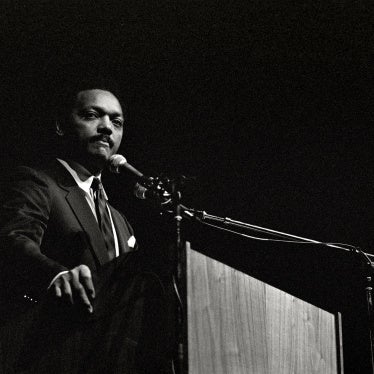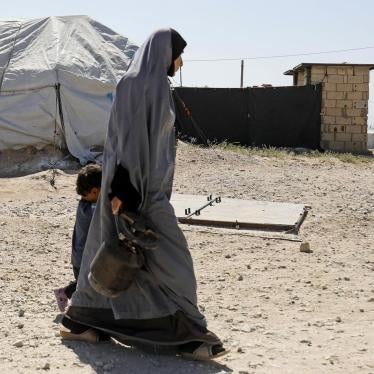Forget the golden memories. Under a new law passed by the Alabama Senate last week, undocumented immigrant children could be kept out of their school proms, and a whole lot of other activities that are an important part of the fabric of an American education. Tutoring? Sports? 4-H Club? The school band? These children can forget those too.
The Senate has decided to focus on schoolchildren as it joins states like Arizona and Georgia in coming up with new approaches to immigration enforcement.
In Section 8 of the bill (SB 256), any child who is not lawfully present in the U.S. is prohibited from participating in "any extracurricular activity outside of the basic course of study" in elementary school or high school. But the basic course of study isn't all there is to an education.
In 1982, the Supreme Court held in its Plyler v. Doe decision that all children, regardless of immigration status, had a right to go to public school. The Plyler case involved a Texas bill that authorized local public school districts to deny admission to children who were not legally in the country. The court held that by denying admission to these children, it would impose "a lifetime hardship on ... children not accountable for their disabling status." The court held that any attempt to deny schooling to undocumented children would violate the equal-protection clause of the 14th Amendment. The Alabama Senate apparently believes that since the Plyler decision only applied to K-12 education, everything that was not "education" could be snatched away from these children.
But what the drafters of the bill may have failed to realize is that to figure out who can and cannot participate in extracurricular activities at school, who can and cannot go to prom, schools are going to have to verify the immigration status of every student participating in every possible extracurricular activity. And the end result could well be that some of these children won't be able to go to school at all, much less go to the prom.
An immigration verification policy at public schools will not only be contrary to the aims of the Plyler ruling. It will also undermine the spirit of the Universal Declaration of Human Rights, which states that "everyone has the right to education." Introducing fear or intimidation into the school-enrollment process makes the right to education illusory. Requiring proof of legal immigration status at school, in any context, will have a chilling effect on families. Parents may be too afraid to let a child take part in extracurricular activities, even if the child is a U.S. citizen, for fear of revealing their own or a sibling's undocumented status. In some cases, fearful parents may keep these children, including some who are U.S. citizens, out of school altogether.
Even if undocumented students simply avoid registering for any extracurricular activities, requiring immigration checks for extracurricular activities will make the whole schoolyard toxic. If a student won't join the volleyball team even though she's skilled at the sport, or another won't sign up for glee club even though he's a great singer, or certain students don't attend pancake breakfasts or dances, other students may believe it is because of their immigration status. It won't do much for school spirit or learning to work together or all the other elements of a good education that go beyond the textbooks and the blackboards.
Schools are no place for immigration checks of any kind. So says the U.S. Constitution and international human-rights law. Gov. Robert Bentley should not sign a bill that allows for this expansive and illegal use of immigration enforcement powers. Keep the prom out of it.
Antonio Ginatta is the advocacy director for the US Program at Human Rights Watch. Email: hrwdc@hrw.org.








